Just two months into Donald Trump’s second term, Wall Street is unnerved. Julia Coronado, the president and co-founder of the economic consulting firm MacroPolicy Perspectives, said that’s because investors and executives had convinced themselves that Trump wouldn’t do anything significant to disrupt the market’s upward trajectory.
“We had a pretty great setup for Trump,” Coronado said in an interview with POLITICO Magazine, paraphrasing the thinking on the Street. “Why would he mess with that?”
Coronado, a former Federal Reserve economist who’s held top roles at BNP Paribas and the hedge fund Graham Capital Management, is a widely sought after economic consultant whose clients include asset managers, hedge funds and banks. I spoke with Coronado as she drove to the University of Texas at Austin, where she’s a clinical associate professor of finance at the McCombs School of Business.
Wall Street craves predictability, but Trump’s early priorities — including off-and-on tariffs, government cutbacks and immigration crackdowns — signal that this time around, the president has a much stronger appetite for disruption. He has refused to rule out a possible recession even after markets convulsed following a series of major tariff announcements.
“Investors are tuning into the fact that — at a minimum — Trump 2.0 is going to be quite a bit different from Trump 1.0.,” Coronado told me. “He’s not as sensitive to the stock market as we thought.”
This conversation has been edited for length and clarity.
Wall Street and consumers like economic policy to be boring and certain. Right now, volatility reigns. So, in this economy and with Trump back in office, what are you certain of?
What am I certain of? In terms of the policy outlook, I’m certain of absolutely nothing.
I’m not even certain which direction interest rates are going next. I have baseline scenarios, and ways to think about it, but we are seeing just a tremendous and intentional disruption to the status quo.
Federal Reserve Chair Jerome Powell said recently that there is very little confidence in any economic forecast at the moment. What effect is that having on markets?
When there is low confidence in markets, you tend to see these ebbs and flows where you get some periods of volatile repricing. When the uncertainty is high, it’s not like active investors are putting a lot of capital to work or making big bets. That means the market is more driven by trend followers — passive money. So you get repricing, and then a period of calm.
That’s what I think we’re seeing right now. We have this volatile moment [where] investors are tuning into the fact that — at a minimum — Trump 2.0 is going to be quite a bit different from Trump 1.0. There are definite risks to growth and — maybe — he’s not as sensitive to the stock market as we thought.
A lot of investors thought they’d get a repeat of Trump 1.0. Why was Wall Street so surprised by an agenda that he never hid?
There was this sense that [his actions] wouldn’t be substantial or significant enough to disrupt what was a pretty solid growth backdrop. We had a pretty great setup for Trump. Why would he mess with that?
One of the biggest, most common questions we get is: “What’s the overarching strategy here?” That isn’t clear to a lot of investors or to a lot of actual business operators.
How are you thinking about the risks that Trump’s policies could pose to the economy or markets? Is there more danger from implementation, or is it more related to unpredictability?
There are so many dimensions of risk right now. If you pull back your spending from a bunch of sectors and then they stop hiring and investing, does that cause a recession? Do tariffs lead to a burst of inflation that dampens consumer demand and crimps profit margins? These are the standard economic impacts of the policies that we can understand with the greatest clarity.
But there are a couple of other elements. One — let me categorize it this way — is the breakdown in the rule of law.
This administration is aggressively taking actions that are being challenged in courts. They’re ignoring court decisions. That can affect the economy. It can affect market functioning. It’s hard to say when and exactly how, but we always talk about one of the reasons [for] U.S. exceptionalism is stability, rule of law, clarity of contract law and a stable operating environment. We’re really disrupting that right now.
[Trump signed an executive order] basically taking control of the Treasury’s payment systems, which could theoretically make it easier for them to do things like prioritize payments during a debt ceiling [crisis], or just choose who to pay and not to pay based on their own political preferences. They say it’s to address waste, fraud and abuse, but I don’t think anybody thinks there was a lot of waste, fraud or abuse in Treasury’s payment system.
We’re crossing a lot of lines in terms of the structure of our system and the rules of the road that have governed our system. So now the U.S. is a risky counterparty. How does that impact the term premium? You know, typically when economic risks rise, you see Treasuries rally [as investors] flee to safety.
The breakdown in rule of law, and changing the rules that govern our financial system, are risks in ways that are really hard to quantify.
Trump hasn’t ruled out a recession. Treasury Secretary Scott Bessent has said that the private sector is in a recession and that the economy needs a “detox” from government spending. What do you make of that economic messaging?
It feels like they're laying the groundwork for things to get worse. They're trying to tell a story about how you know this near-term pain will equal longer-run gain. Maybe that's true, maybe it will work out that way.
The risk is that the economy is a dynamic system. So once you actually start putting it into reverse, it keeps going. It's not like you can control the macro economy with a little dial. Just ask the Fed.
This is different from the narrative they were telling when they got elected. They were like, you know, “It's going to be amazing on Day One.” And now they're saying: “Well, actually, we might need to hurt a few things before you get to the good stuff.”
To the administration’s credit, there are some stimulative policies that they have on offer: Deregulation…
Deregulation?
… energy production…
I’m going to stop you right there. Deregulation — where does it show up?
That was going to be my question.
Finance, for sure, right? You can see potentially more M&A. Easing of bank regs. That's fine. That's the place where I can see it most clearly.
But when you ask: “What does that look like? What sector is most impacted?” It's not that clear. It’s a nice catch-all phrase. It’s the general Republican catch-all phrase.
You mentioned energy. We had massive energy production under Biden. Part of the issue with energy production and exploration right now is that prices are close to the break-even. You can auction off more lands, but is drilling profitable right now at these prices? Oil prices are low. They weren't high. Oil production was already high, and it was the thing that was keeping prices low.
What do you make of the notion that there's a kind of a grand overarching plan to remake the global economy? What are your thoughts on what’s being called a potential “Mar-a-Lago Accord” in which the government tries to weaken the price of the dollar in part by turning existing Treasury bonds into longer-term debt?
Those are two very different questions. The Mar-a-Lago Accord idea is essentially to force countries into non-marketable, longer-term debt holdings. And the leverage we have to do this is military leverage, the size of the economy and dollar dominance.
My understanding was that there was a pretty significant tariff component as well.
Right, you use tariffs as a threat.
Which the authors say could potentially rewire the economy, either from the promotion of American manufacturing or the realignment of supply chains…
Tariffs were meant to be a threat to force people into these swap agreements — that’s [what’s in] the paper by Stephen Miran [Trump’s chair of the Council of Economic Advisers]. It's kind of a “have your cake and eat it too” strategy — which Miran acknowledges.
One of the things we've always said made the U.S. [dollar] the reserve currency, is the transactability, the liquidity, the transparency, the rule of law and markets. So, if you're talking about essentially going in and forcing people into non-marketable, long-term debt agreements, how does that impact the rest of the market?
Do interest rates go down or up with that? Do the people that are holding the marketable securities run away because you're showing that the U.S. is no longer a transparent, trustworthy counterparty? It's more like China, where you can step in at any moment and say, “You go into this agreement, or I'm going to clobber you with tariffs.”
And let's not forget: In terms of the trade deficit, there’s a service surplus. What is the service surplus made of? Tourism, education, medical care. We export that stuff, and they're directly attacking that. They're directly attacking all of the sources of our service surplus.
So, what, we're going to give up medical research, professional consulting and financial services surplus so that we can make T-shirts in the U.S.? Is that going to be good for productivity and U.S. exceptionalism? Is that going to make people want to hold the dollar more or less?
I just think there are a lot of internal contradictions in the proposal.
Consumer sentiment and confidence in the economy was weak under Biden. Now it’s weak under Trump. But the fundamentals — low unemployment, consumer spending — have held up. How useful are those indicators for you moving forward?
Sentiment indicators are always a tricky, tricky one, because sometimes they map into activity and sometimes they don't.
Recessions don't start on a dime. Recessions in a gigantic, complex economy like the U.S. are usually a combination of factors that push it over the edge. So, that is a risk factor that would have to combine with actual developments — like companies laying off workers.
There was some anticipation we might get a hiring boost after the election as uncertainty faded away. I think what we're seeing, at a minimum, is that we're not going to get a boost to hiring because uncertainty has increased, not decreased.
That just makes the economy more vulnerable to other shocks and developments.
Can vibes shift the American economy? Or do vibes have more of an impact on American politics?
I don't live in the Beltway, I live in Texas. [When] I walk down the street or go to a restaurant or go to an event or a football game, it is not the case that everybody's running around depressed. It is not the case that everybody hates each other all the time. That gives me a reason to hope.
.png)

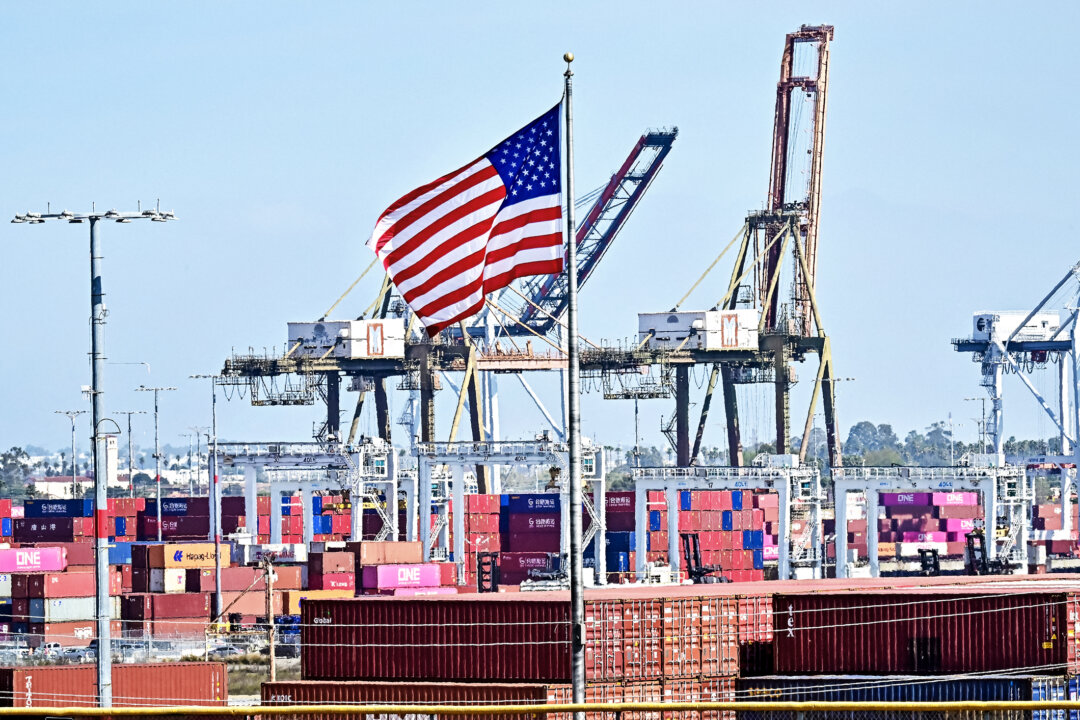

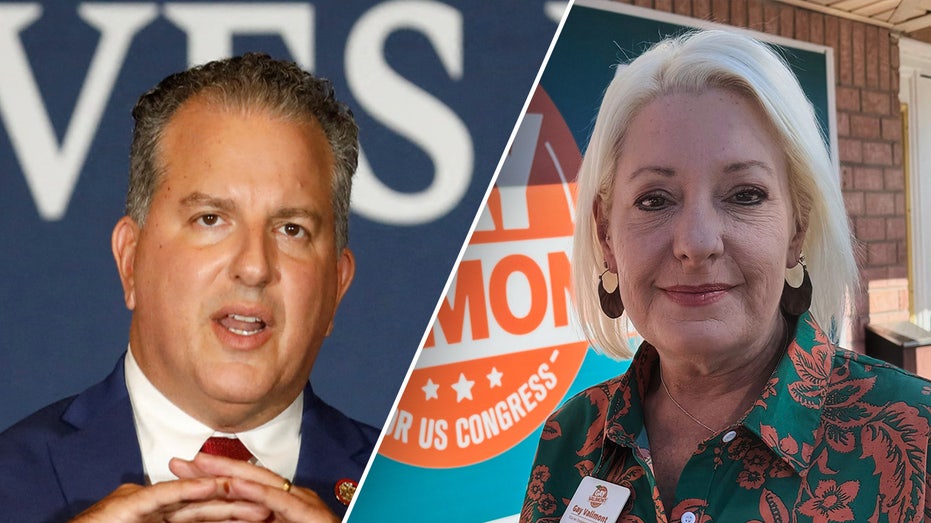

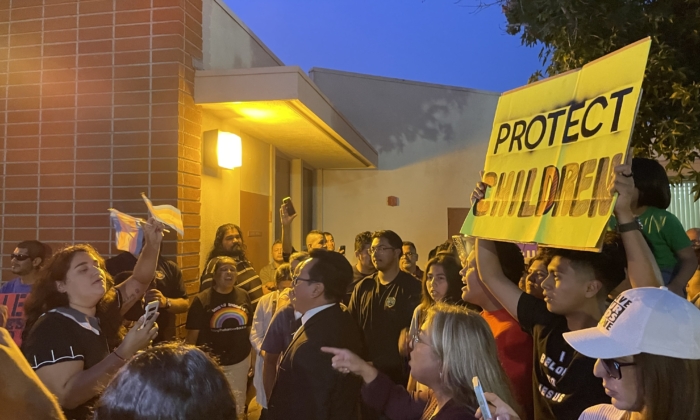


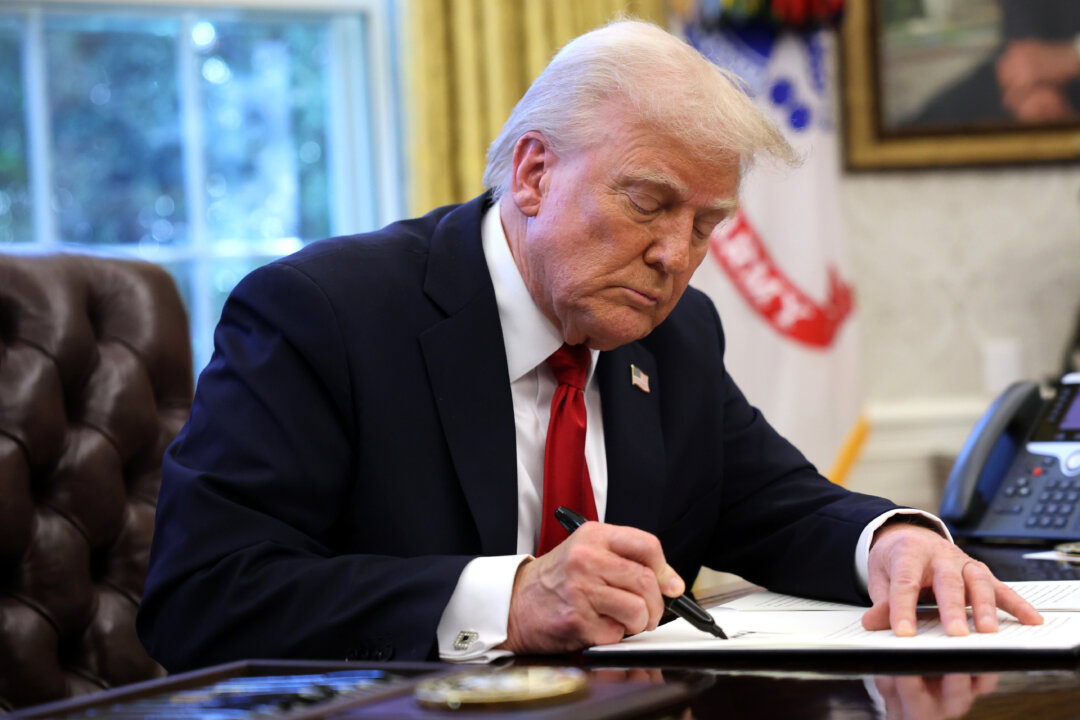
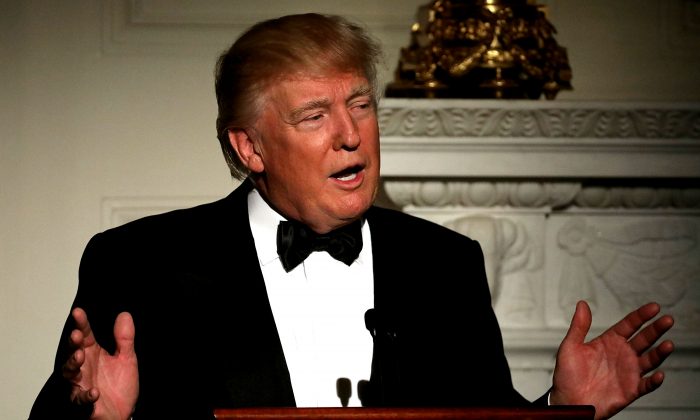




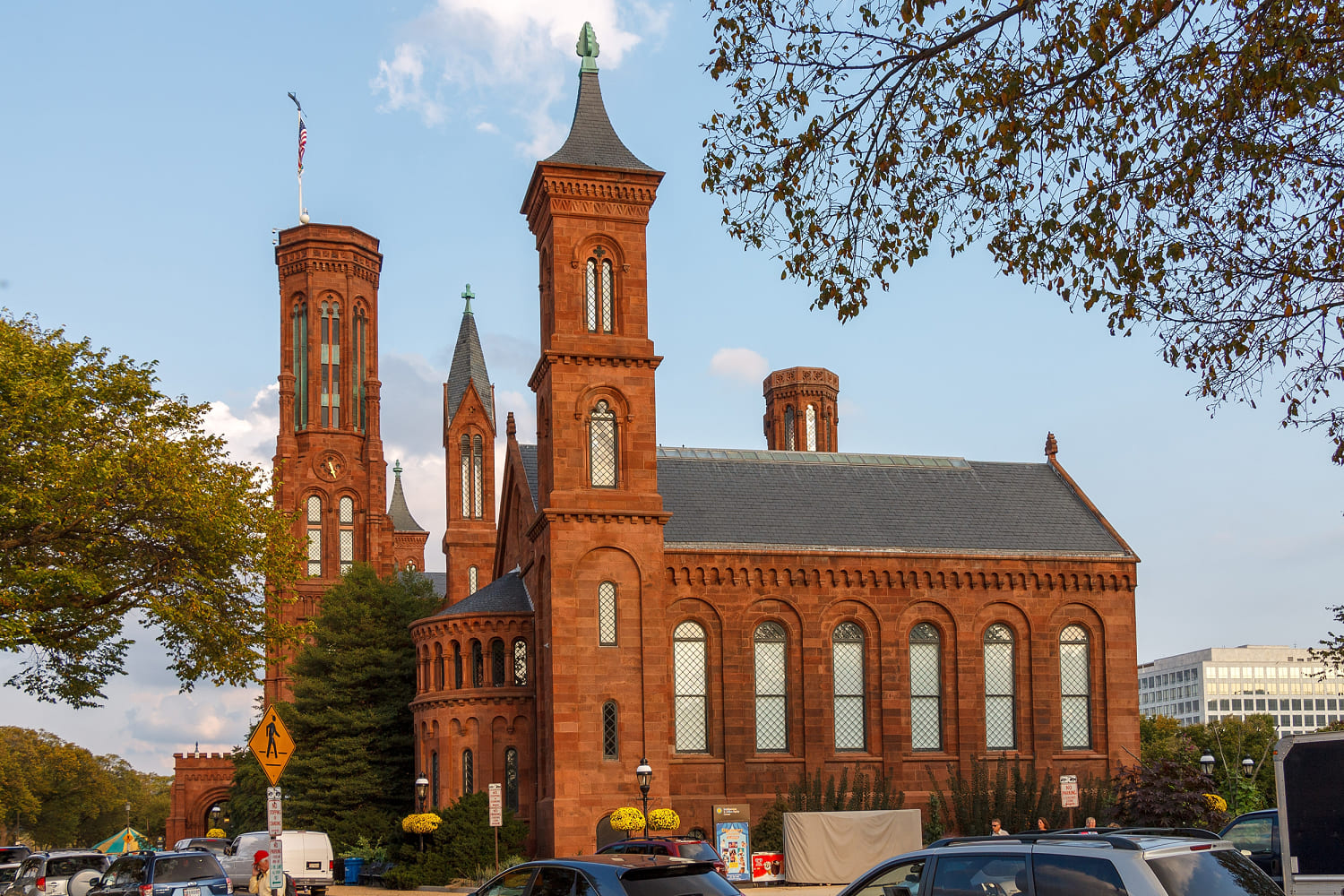
 English (US)
English (US)